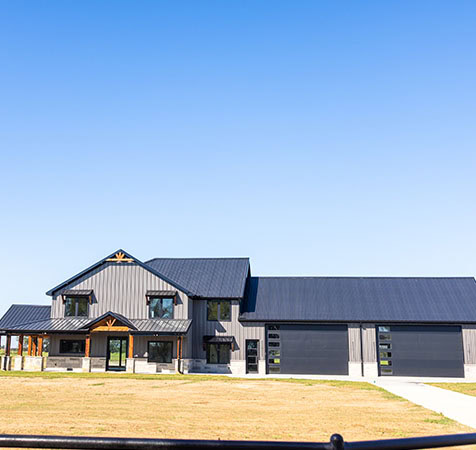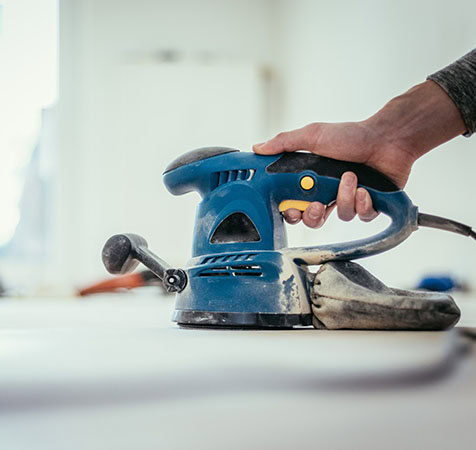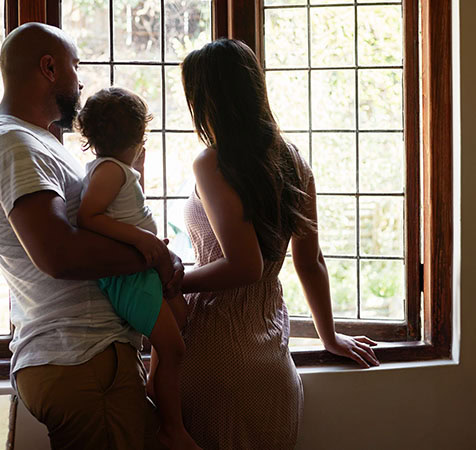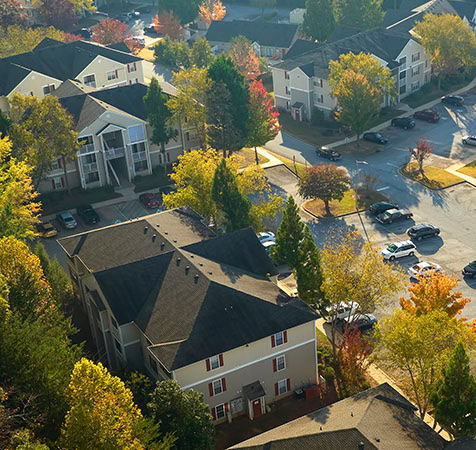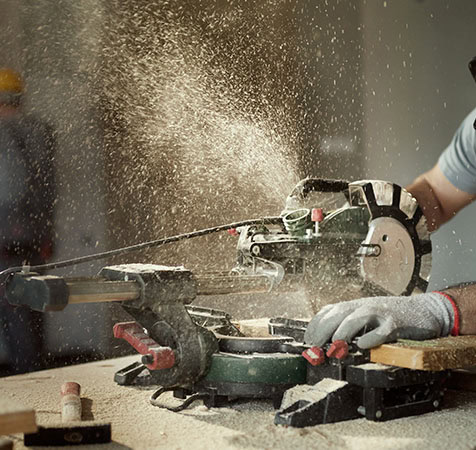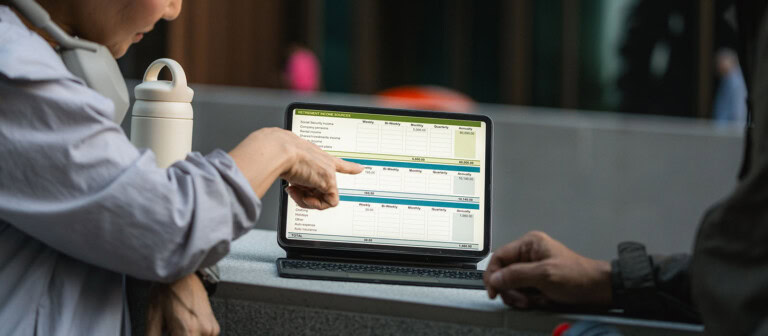Getting pre-approved is a huge step in your mortgage journey. Once your income, credit, debts and assets have been reviewed and verified, you can rest easy knowing your home loan goals are within reach. One thing to keep in mind, however: Your pre-approval usually lasts only 90 days, and your actions during that time can affect whether you’re still approved when you’re ready to purchase.
Even small changes to your finances can create problems. Lenders often re-check your credit, income and debt before final approval. If anything looks different, your approval could be delayed or denied. The key is knowing what to avoid and what to prioritize so that there are no delays in your closing.
Here are three things you should not do during a 90-day pre-approval period, plus two things you should do to protect your mortgage eligibility.
3 Things Not to Do After Mortgage Pre-Approval
1. Don’t Open New Credit Accounts
Opening new credit accounts is one of the fastest ways to create problems with your pre-approval. Even if you don’t charge anything right away, the new account still shows up as a hard inquiry on your credit report. That inquiry could lower your score, and the new account itself can hurt your debt-to-income ratio. Whether it’s a new credit card, a store card or a personal loan, the safest move is to avoid applying for any new credit until after closing.
2. Don’t Make Major Purchases on Credit
Buying a car, furniture or appliances during this period can backfire. Large balances increase your credit utilization and lower your score. Even if you plan to pay them off quickly, lenders may view the debt as a risk. Hold off on these purchases until your loan is finalized. Once you’ve closed on your new home, you’ll have the freedom to make those buys without jeopardizing your mortgage.
3. Try Not to Switch Jobs Without Talking to Your Lender
Lenders want to see stable, reliable income. Changing jobs or leaving a job during the pre-approval window can delay or derail your mortgage. Even moving to a higher-paying role might require a new income history before it counts toward approval. If a job change is unavoidable, talk to your loan officer right away so they can guide you through the impact.
2 Things to Do After Mortgage Pre-Approval
4. Do Keep Paying All Bills on Time
Your payment history is the biggest factor in your credit score. One late payment during pre-approval can hurt your score and your chances of approval. Set reminders or use autopay to make sure nothing slips through. Showing consistency reassures lenders that you’re responsible and ready for a mortgage.
5. Do Keep Your Finances Stable
Think of your finances as frozen during the 90 days of pre-approval. Keep income, debt and spending steady. Use your existing credit cards responsibly, maintain your savings and avoid unnecessary transfers or withdrawals that could raise questions. Lenders want to see that your financial situation hasn’t changed since they pre-approved you.
The Bottom Line
Mortgage pre-approval is a strong step forward toward homeownership. It shows sellers you’re serious and gives you a budget for house hunting, but it’s not a guarantee. What you do during the 90-day window matters just as much as the documents you submitted. Avoid opening new credit, taking on large purchases or changing jobs. Instead, pay all bills on time and keep your finances steady. Protecting your pre-approval keeps your homebuying timeline on track and ensures that when you find the right home, your financing is ready to follow.




